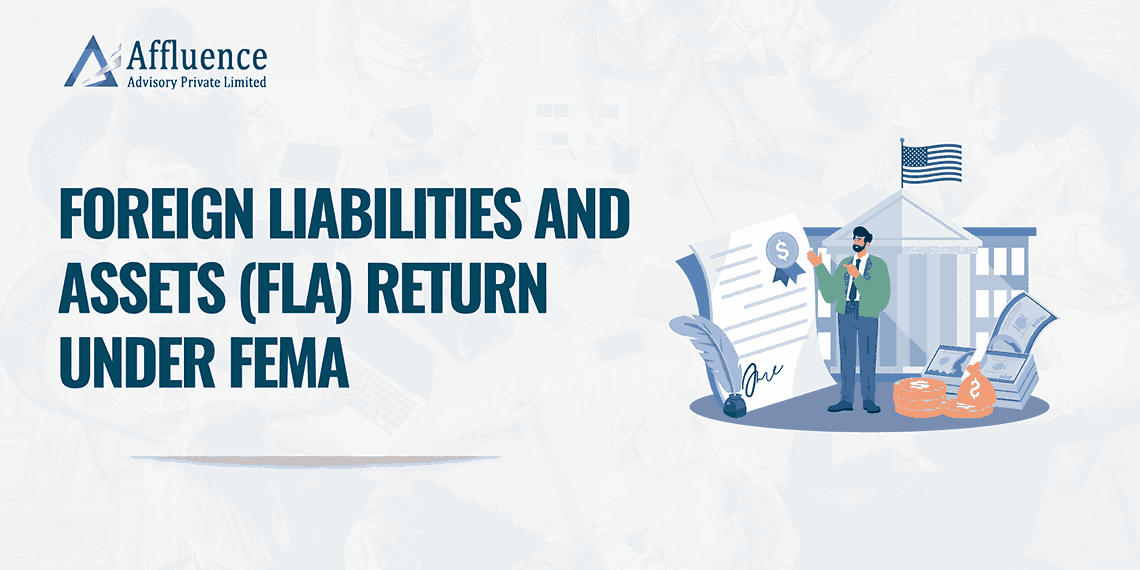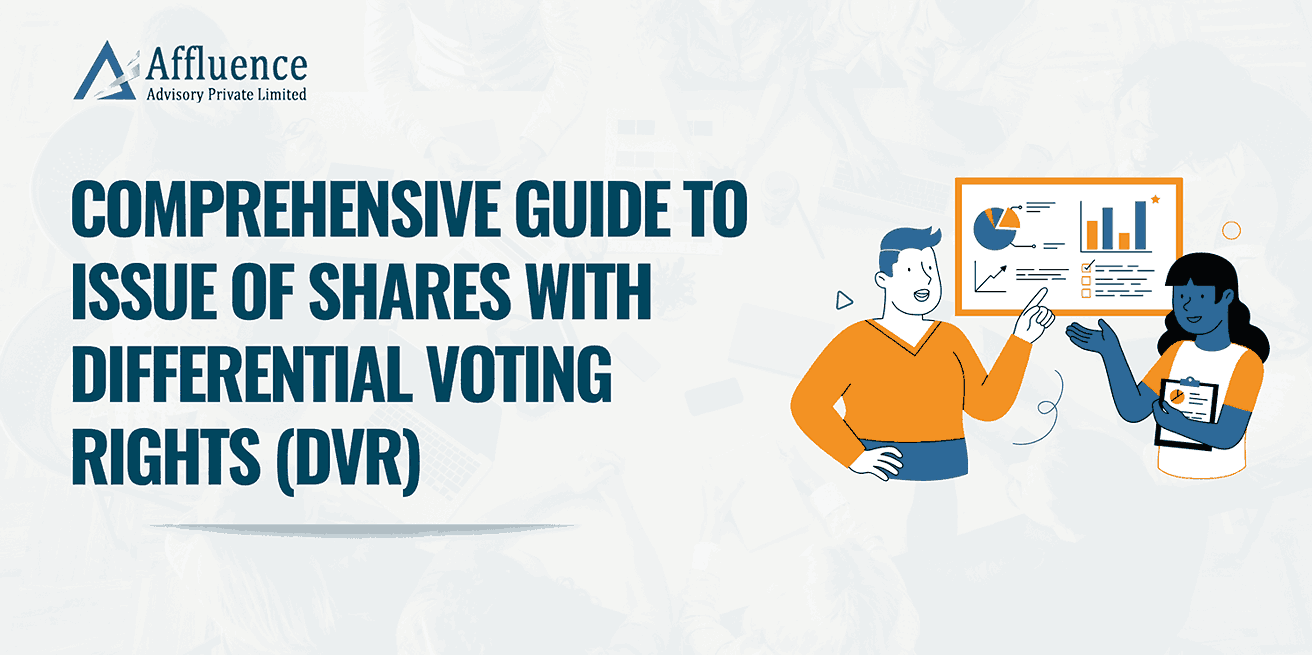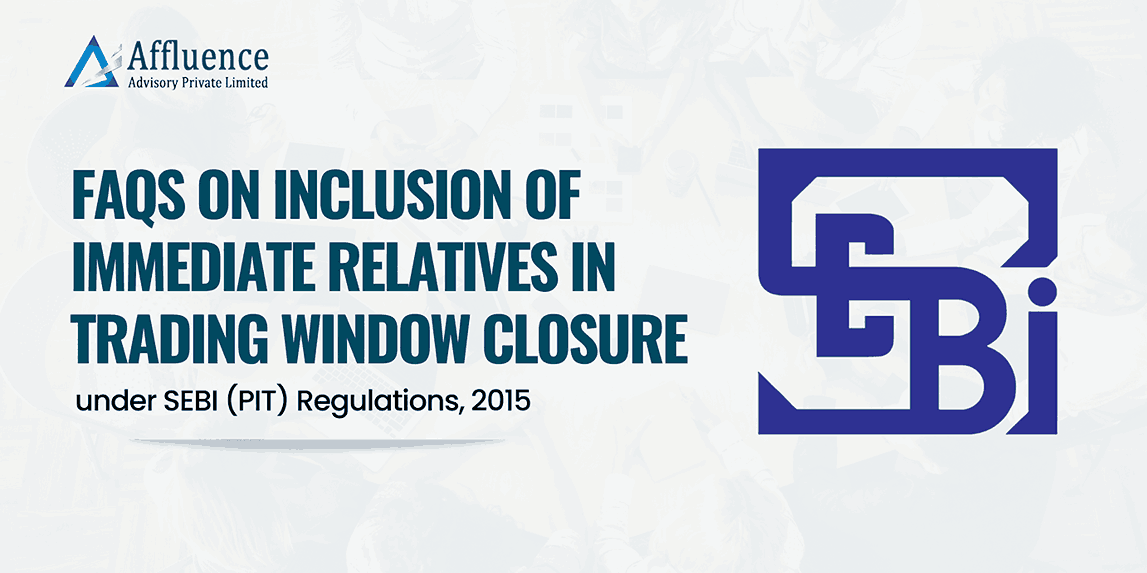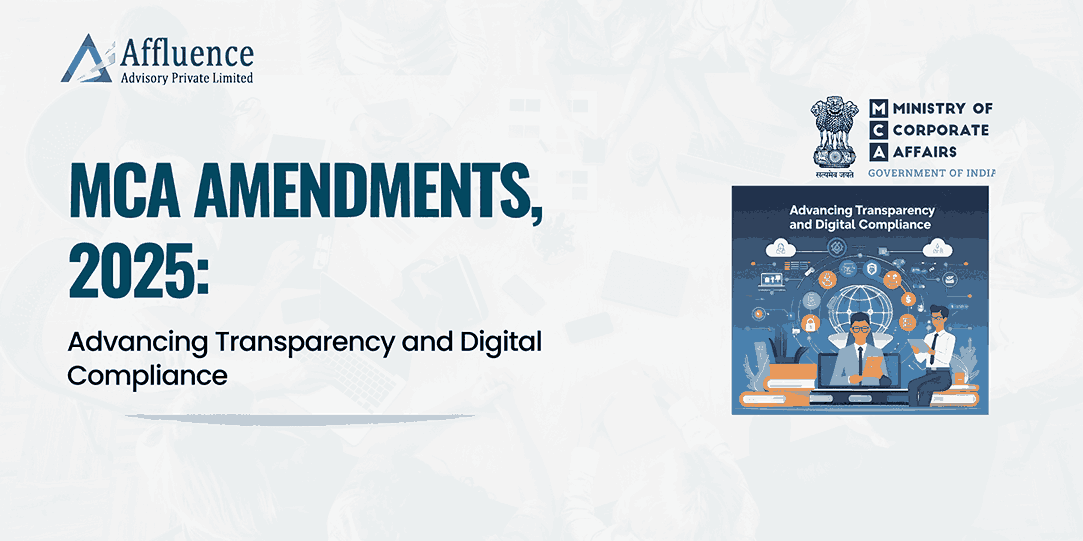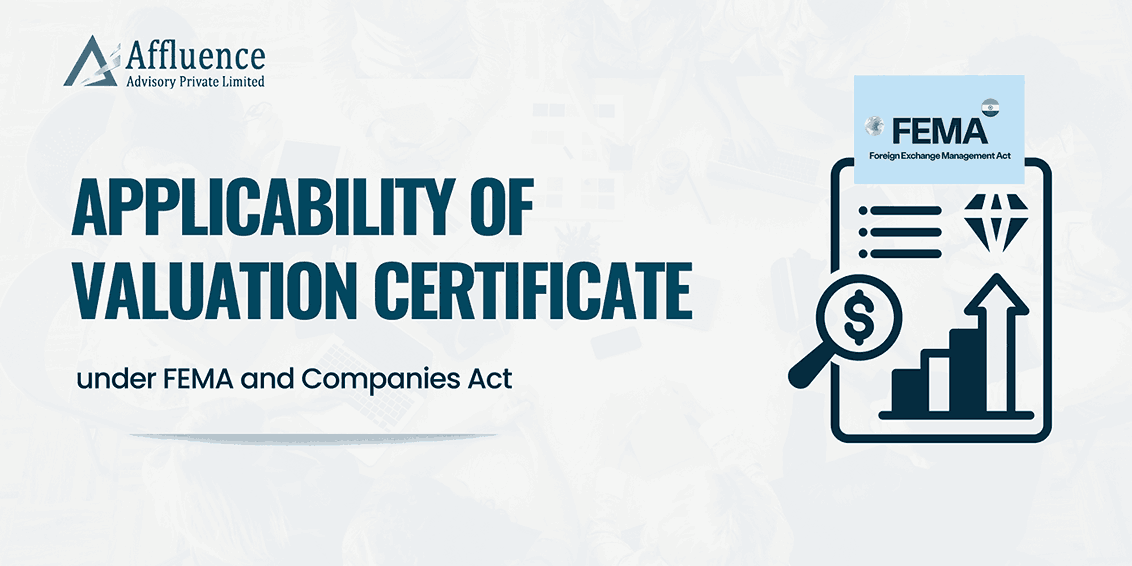Companies registered under the Companies Act, 1956 or Companies Act, 2013 (‘Companies’) can now conduct their annual general meeting through Video Conferencing (‘VC’) or other Audio-Visual Modes (OAVM) till September 30, 2023. Ministry of Corporate Affairs (‘MCA’) vide its circular dt: December 28, 2022, has granted an extension to its earlier circular dt: May 5, 2022, vide which Companies were allowed to conduct AGM through VC or OAVM mode till December 31, 2022.
It needs to be highlighted here that Companies can conduct AGM through VC or OAVM mode only in compliance with provisions mentioned under MCA circular dt: May 5, 2020, read with MCA Circular dt: April 8, 2020, and MCA Circular dt: April 13, 2020.
MCA vide its circular dt: May 5, 2020, had initially allowed Companies to conduct AGM through VC or OAVM mode. This was due to the onslaught of COVID-19. Vide this circular MCA allowed Companies to conduct AGM through VC or OAVM mode till December 31, 2020.
MCA citing COVID-19 concerns time and again gave an extension to provisions of MCA Circular dt: May 5, 2020, vide circular dt: January 13, 2021, and December 14, 2021, thereby allowing Companies to conduct Annual General Meetings through VC or OAVM mode till certain time period. Vide its last extension circular dated: May 5, 2022, MCA allowed Companies to conduct AGM through VC or OAVM mode till December 31, 2022. Now in furtherance to this MCA has vide its circular dt: September 25, 2023, further granted extension to Companies till September 30, 2024.
It needs to be highlighted here that ‘Report of Company Law Committee, March 2022’ has at Point 8.5 of the report recommended incorporating provision for conducting AGM through VC or OAVM mode or hybrid mode in Companies Act 2013. So, it needs to be seen whether MCA continues to give an extension to the MCA circular on May 5, 2020, for conducting AGM through VC or OAVM mode till recommendations are incorporated in the Companies Act, 2013.
Citing MCA circulars as mentioned above that allowed Companies to conduct AGM through VC or OAVM mode, SEBI has been granting relaxations in compliance with certain provisions of Securities and Exchange Board of India (Listing Obligations and Disclosure Requirements), Regulations, 2015 (‘LODR’). Recently, SEBI vide its circular dt: May 13, 2022, and May 16, 2022, granted relaxation in compliance with certain provisions of LODR viz. non-sending of proxy forms, sending of notices and annual report copies through emails, etc. These relaxations granted by SEBI will be expiring on September 30, 2023. So now it needs to be seen if SEBI further grants relaxation for compliance with certain provisions of the Securities and Exchange Board of India (Listing Obligations and Disclosure Requirements), Regulations, 2015 as MCA has now allowed Companies to conduct AGM through VC or OAVM mode.
Further, also one more point needs to be deliberated i.e. Whether companies who had already sent AGM or EGM or postal ballot notices in December’s first week for conducting AGM or EGM in physical mode, assuming that relaxations allowed as per MCA circular May 5, 2020, and MCA circular April 8, 2020, read with MCA circular dt: April 13, 2020, would not be continued, can these companies conduct meetings now through VC or OAVM mode as now MCA has now further extended relaxations of conducting meetings through VC or OAVM mode?
Disclaimer:This article provides general information existing at the time of preparation and we take no responsibility to update it with the subsequent changes in the law. The article is intended as a news update and Affluence Advisory neither assumes nor accepts any responsibility for any loss arising to any person acting or refraining from acting as a result of any material contained in this article. It is recommended that professional advice be taken based on specific facts and circumstances. This article does not substitute the need to refer to the original pronouncement
CLICK HERE TO DOWNLOAD PDF





